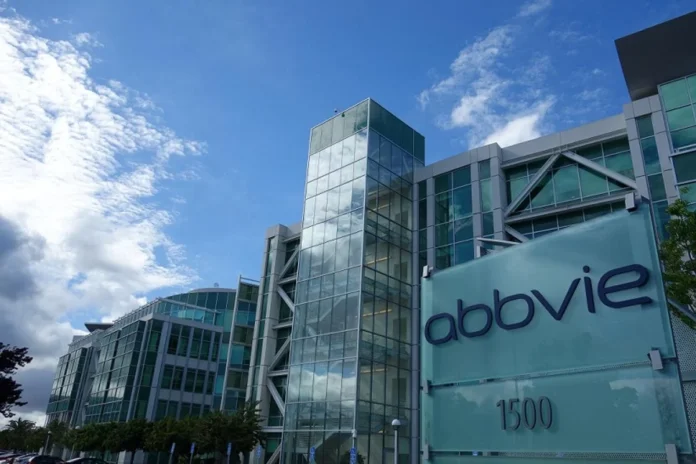In a move that signals intensifying ambitions in the cancer therapeutics arena, pharmaceutical titan AbbVie Inc. unveiled Thursday a blockbuster $2 billion exclusive licensing agreement with Swiss biotech firm IGI Therapeutics SA, advised by Covington & Burling LLP. The deal grants AbbVie the rights to ISB 2001, a cutting-edge trispecific antibody treatment that could redefine therapy options for multiple myeloma and autoimmune diseases.
The Science Behind the Billions
At the core of this high-stakes collaboration is ISB 2001, an investigational drug currently in Phase 1 trials for relapsed/refractory multiple myeloma. The therapy is a trispecific T-cell engager, a class of immunotherapy drugs designed to bind to multiple targets simultaneously, thereby enhancing the immune system’s cancer-fighting capabilities.
Unlike traditional single-target or even bispecific antibodies, ISB 2001 leverages three antigen-binding sites — focusing on B-cell maturation antigen (BCMA) and CD38, both of which are associated with aggressive myeloma cells. The drug is built on IGI’s proprietary BEAT protein platform, which seeks to overcome resistance seen in previous generations of antibody therapies.
“Multispecifics like trispecific antibodies are the next frontier,” said Dr. Roopal Thakkar, AbbVie’s Executive Vice President of R&D and Chief Scientific Officer. “They offer the potential for deeper and more durable responses in a space that continues to be marked by unmet medical needs.”



